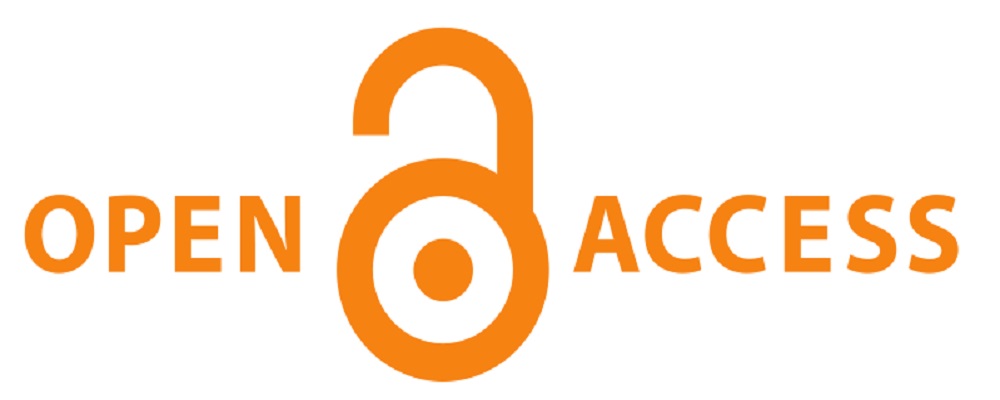More than 80% of scientific papers stemming from Horizon 2020 funded projects were published in open access journals, according to the European Commission in a new report.
A large majority of Horizon 2020 researchers complied with the requirement to deposit open access publications in repositories. However, only 39% of Horizon 2020 deposited datasets are findable, with the remainder not including reliable metadata needed to track them down. Only 32% of deposited datasets can be quickly accessed via a link in the metadata.
Under Horizon 2020 researchers were required for the first time to publish the results of EU-funded projects in open access publications. To promote this, in 2018, a consortium of national research agencies and funders from 12 European countries launched Plan S, an international effort to make research papers funded with public money openly available.
Since then, the EU has also mandated that all papers coming from projects funded through Horizon Europe, its €95.5 billion research programme, should be published in open access journals.
The study estimates the average cost in Horizon 2020 of publishing an open access article was around €2,200.
According to researchers interviewed for the report, paying the processing fees needed to ensure open access to Horizon 2020 publications was often burdensome and lengthy.
Publishers outside Europe often require online payment of processing fees by credit card. In many EU member states, regulations for public institutions prevent universities from making payments with credit cards. The bank transfers that are required instead, can take months to get approved.
Researchers say they risk being pipped to the post and being unable to claim intellectual property rights, while waiting for their institutions to approve payment of processing fees.
Many researchers and institutions were not fully aware of the open access requirements in Horizon 2020. Some researchers reported they paid thousands of euros in processing fees out of their own pockets, because they were unaware the fees were eligible for reimbursement from the Horizon 2020 budget.
Excluding hybrid journals from eligible costs in Horizon Europe will make the programme’s open access policy more cost effective, the report says.
However, some researchers interviewed for the report argue that processing fees for hybrid journals should continue to be funded in the case of papers that result from EU grants, but which are published after the formal end of the grant. Especially in the social sciences, EU-funded researchers prefer to publish their results as book chapters, which take much longer to publish.
(Fonte: Science Business)


